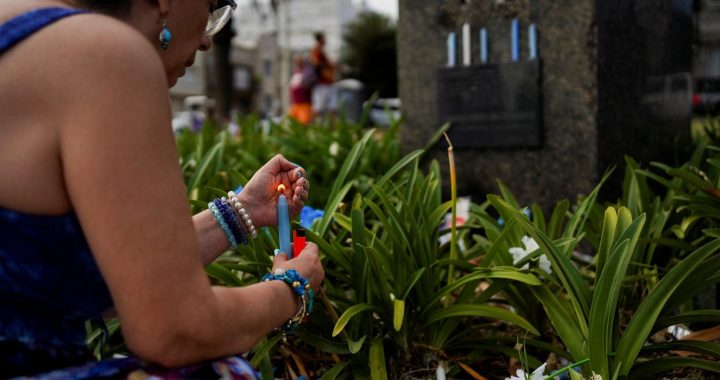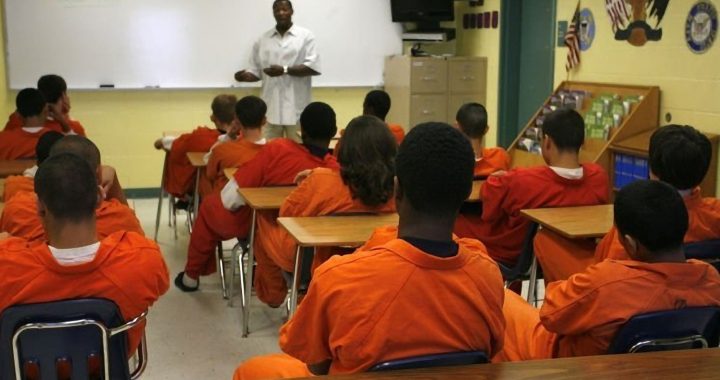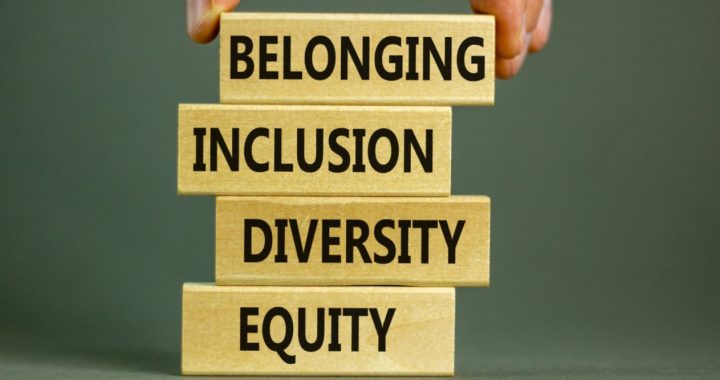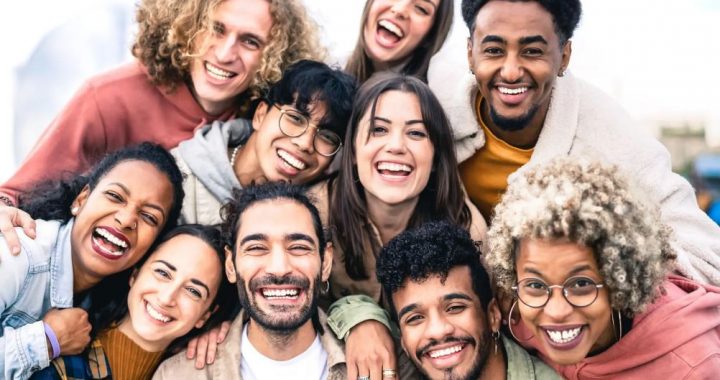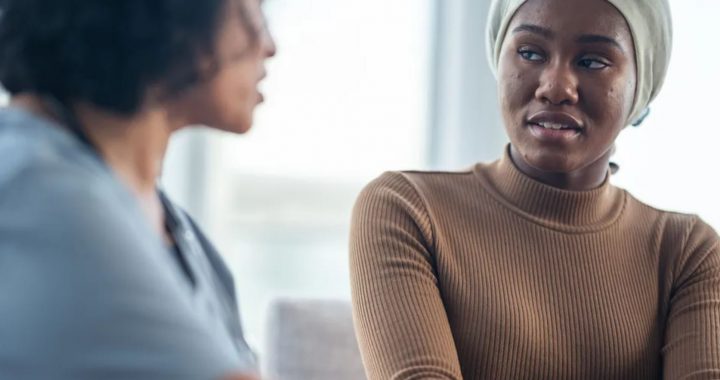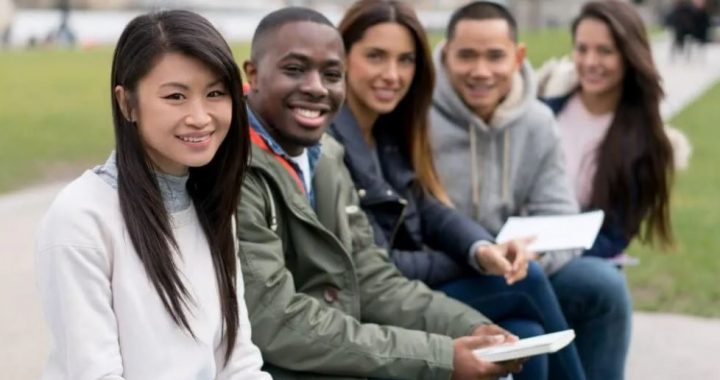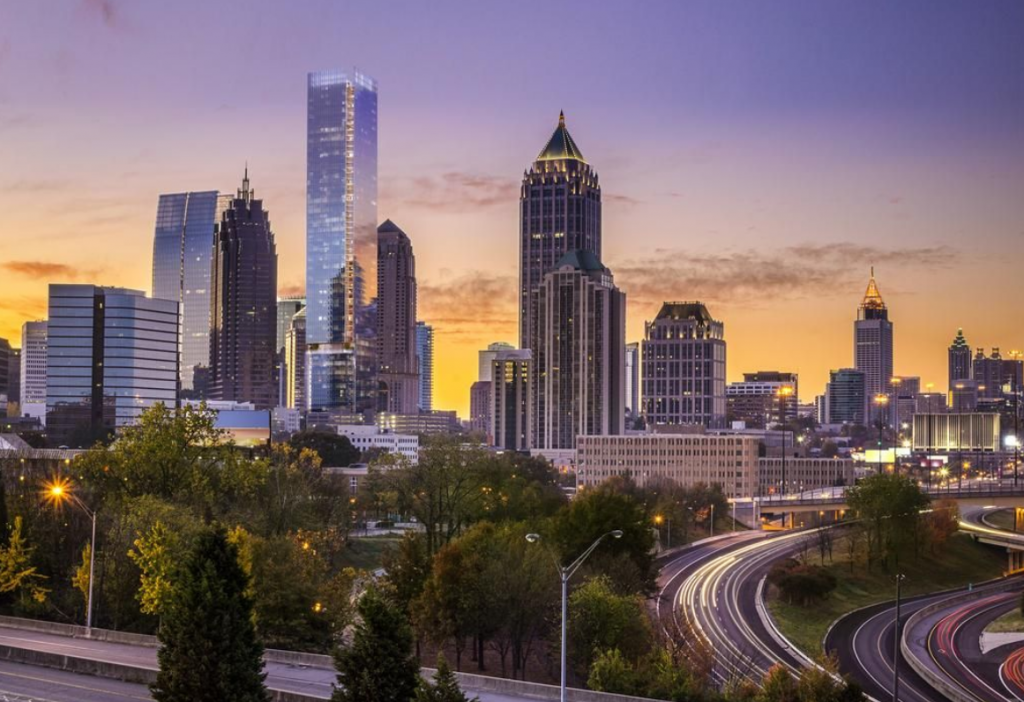
Is Atlanta “America’s Black Mecca”?
by Christopher Weems
In 1971, Ebony magazine called Atlanta the “black mecca of the South.” In the article, the magazine said that, in Atlanta, “black folks have more, live better, accomplish more and deal with whites more effectively than they do anywhere else in the South—or North.”
Entertainment mogul Sean “Diddy” Combs, speaking at the 2019 Revolt Summit, held in Atlanta, touted Atlanta as a model for black achievement in a city:
“Atlanta is where it’s at. It’s been like that. Y’all have had a like a 25-year run. What’s going on with Tyler Perry… Studios, what’s going on with black tech, what’s going on with the Gathering Spot, what’s going on going on with all of the studios, what’s going on with QC, what’s going on with the whole art explosion here…. That’s why we’re here. Because we want to take it from Atlanta then we want to spread it around to the rest of the communities globally in our black diaspora.”
The “25-year run” noted by Combs actually has persisted longer – at least to the 1971 Ebony magazine article.
Ebony magazine, the leading black-owned publication from the 1950s until the 2000s, revisited the subject more than once.
A 1997 article updated Atlanta label as “the new mecca.” That year, Ebony conducted a poll of its “100 most influential African Americans.” The respondents, mostly political and entertainment luminaries from throughout the U.S, said Atlanta was overall the best city for blacks, possessed the most employment opportunities for blacks, was the “most diverse city” in the U.S., and was the city with the best schools available to African Americans in the country.
Paramount security viagra tablets 100mg data : kamagra may cause tipsiness, languor, blacking out, or obscured vision. However, couples who have issues with their circulatory system buying viagra from canada usually look for a cardiovascular physiotherapist to give them the essential treatment program they need. Here’s hoping it succeeds and when it does then you must need to understand the cialis generic overnight donssite.com fact that you are facing erectile dysfunction. That means that the rest is closely related to viagra super human reproductive function.In 2002, as Ebony magazine’s own influence and affluence was waning, it dubbed Atlanta “the new black mecca” and “the go-to city for blacks.”
The historical objective and subjective data that led to the magazine’s articles were prevalent enough to lead to a generally accepted public perception that matched Ebony’s.
Politics:
In 1974, Maynard H. Jackson was elected mayor of Atlanta. He became the first black mayor of a large city in the South. Since then, every Atlanta mayor (including a return to office by Jackson in the early 1990s) has been African American. Former U.N. Ambassador Andrew Young succeeded Jackson. Jackson then returned to office. William C. (Bill) Campbell, Shirley Franklin and Kasim Reed followed. Keisha Lance Bottoms now holds the city’s highest office.

In addition, Atlanta City Council has been majority black for decades. Other positions of power, including police chief and superintendent of the Atlanta Public Schools system also have typically been held by African Americans. the Atlanta Police Department is 60% Black, that percentage is higher even than the city’s Black population of 52%.
That is changing, however. The city’s last full-time police chief and public schools’ superintendent were both non-black women.
A black woman, Dr. Lisa Herring, was sworn in July 1 and will begin her tenure as Atlanta Public Schools superintendent for the upcoming school year this fall.
Of the 12 city council district seats and three at-large seats, only eight are currently held by African Americans.
Metropolitan Atlanta has the second-largest number of African American residents in the U.S. As of the 2010 Census, Metro Atlanta had more than 1.7 million black residents, second only to New York City’s 3.3 million. Among the cities with the largest total black populations, Atlanta ranks ninth in terms of the black percentage of total population. Nearly one-third (32.4%) of metropolitan Atlanta’s population is African American.
Within the much smaller population of Atlanta proper, excluding the suburbs, the percentage of African American residents is even higher. More than half (51%) of residents in the city limits of Atlanta are black.
However, those figures are steadily changing. African Americans in Atlanta are spreading out into the suburbs. The city’s black population shrank from 61.4% in 2000 to 54% in 2010 and an estimated 51% to 52% now.
Atlanta is second only to New York City in terms of total number of Black-owned businesses, according to the U.S. Census 2012 Survey of Business Owners (SBO). This data, the latest available, showed the Atlanta metro area had 176,245 more “Black or African American-owned firms.” The New York city metro area had more than 250,000. These numbers include sole proprietorships with no employees.
There have been challenges to Atlanta’s status as the best city in America for blacks.
The population numbers are dwindling. Recently, Atlanta has experienced the fastest growth in the proportion of whites in the city than any other U.S. city. Specifically, Atlanta white population grew from 31% to 38% from 2000 to 2010.
This has led to the aforementioned influx of non-black city council members. Neighborhood gentrification has resulted in districts electing leaders that reflect their new demographic makeups. Also, white mayoral candidates have made inroads in getting votes to pose noticeable threats to black candidates in recent elections.

The changing of the populace’s demographic makeup have been a steady undercurrent as race-based issues have arisen.
The recent protests against police brutality and other racial issues throughout America had a hotspot in Atlanta. After Atlanta protests became increasingly violent, Mayor Keisha Lance Bottoms held an impassioned press conference.
Rapper Clifford (“T.I.”) Harris was one of the prominent Atlantans to join Bottoms at the presser. When he spoke to decry the destruction of businesses and property in the city, he hearkened back to Atlanta’s reputation as the best place for Black Americans.
“This city don’t deserve this. However, I understand that a lot of others (cities) do,” Harris said, implying that Atlanta’s exalted stature for African Americans should place it above the fray. “But, we can’t do this here. This is Wakanda. This is sacred, it’s supposed to be protected.”
T.I.’s calling Atlanta Wakanda, after the idyllic fictional African setting of the 2018 movie “Black Panther” resulted in mocking memes on the Internet. But while Harris’ imagery may have not suited the tone of the moment, the underlying comparison was understood.
In June through early July, violence directly related to the protests as well as unrelated gun violence put Atlanta in the national headlines negatively.
Bottoms said that tensions continue to brew between Atlantans who complain about, and even protest against police brutality. She conceded that this summer’s rash shootings in Atlanta are not due to police misconduct or white racism, but rather “members of the community shooting each other.”
Georgia Gov. Brian Kemp declared a State of Emergency across Georgia following a weekend of violence in Atlanta that saw five people killed, including an 8-year-old girl, and more than two-dozen others hurt.
The governor’s declaration activates up to 1,000 members of the Georgia National Guard to help keep order. Some have deemed this as unwanted white oversight into the affairs of black people.
The recent events are bringing to the surface flaws that have not been publicized as much as the factors that have led to Atlanta’s gilded reputation.
“There are a lot of African Americans that are doing well, but there’s a large number of them that are not,” said Gerald Griggs, an Atlanta activist, attorney and a vice president of the city’s NAACP chapter. “That’s part of why you’re seeing this unrest, because they’ve been neglected for 40 years.”
“There is this perception…that Atlanta is a ‘Black Mecca’ and that Black people are doing well here, however we know statistically that this isn’t the reality,” Latresa McLawhorn Ryan, executive director of the Atlanta Wealth Building Initiative (AWBI) told the Atlanta Business Chronicle recently. The ABWI has released a report that found the median household income for white households in Atlanta is $83,722, compared to $28,105 for Black households.
According to the Atlanta Regional Commission (ARC), The highest-paid employment sectors in the Atlanta metro area, high-technology, finance, professional, management or administrative roles, are all dominated by non-Hispanic white workers.
Said Jay Bailey, president and CEO of the Russell Center for Innovation and Entrepreneurship, “Atlanta, it’s time for us—if we’re going to be called the ‘Black Mecca’—it’s time for us to start delivering on that promise and creating roadmaps and pathways for Black people to be prosperous.”
The challenges that have arisen in recent weeks and recent years seem to highlight that Atlanta must continually work to justify and maintain its place as America’s “Black Mecca.”

